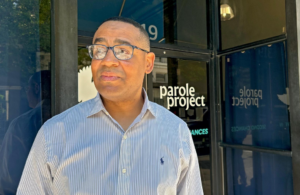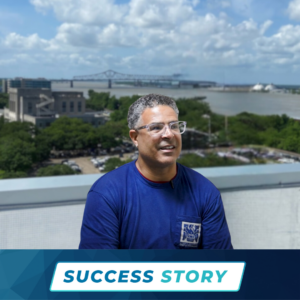Ten years ago this month, the United States Supreme Court issued a monumental ruling that changed the face of juvenile justice in this country and provided a path for second chances to children condemned to die in prison. Building on decisions in earlier cases like Roper v. Simmons and Graham v. Florida, the Court ruled in Miller v. Alabama that mandatory life without parole sentences for persons under age 18 were unconstitutional.
The court’s decision pointed to the decades of brain science showing the cognitive and reasoning portions of the brain do not fully develop until about age 26. Before handing down the harshest penalties to children, the court ruled, states must consider mitigating factors like character, home environment, and the circumstances of the crime itself. While Miller v. Alabama did not categorically ban death by incarceration sentences for children, it distinguished how children are different from adults and required states to provide “some meaningful opportunity to obtain release based on demonstrated maturity and rehabilitation.”
Since the Miller ruling most states have made changes in their sentencing statutes regarding juveniles. This decision, and its offspring, Montgomery v. Louisiana, were the catalyst for Parole Project’s birth and have provided an opportunity for a second chance to many of our clients. In this issue we spotlight two of our clients whose lives this decision changed. To many people, Supreme Court decisions seem inconsequential to everyday life. But for our clients, the Miller and Montgomery rulings have meant everything.
Ivy Mathis
After serving 26 years of a life without parole sentence for an offense committed as a child, Ivy Mathis was granted parole. She was the first female juvenile lifer to be released in Louisiana following the Supreme Court rulings in Miller v. Alabama and Montgomery v. Louisiana, as well as Act 277 of 2017, part of Louisiana’s Justice Reinvestment package of reforms. Her release was a pivotal moment not only herself and her family, but for other incarcerated females with similar circumstances.
Ivy wasted no time smelling the roses. Thanks to Parole Project and a longtime friend/mentor, Ivy had housing, a reentry support system, employment, and transportation. Still, she strived day in and day out to become independent. After making it into her own apartment she refused to get comfortable. About two years after walking out of prison she purchased her first home. Ivy had left her family as a young girl having never been on her own. Now she is an independent, responsible woman … paying taxes and making positive contributions to her community.
But regardless of how many goals she achieves, survivor’s remorse is a constant ache in her heart. Ivy promised the women incarcerated with her she’d never forget them. She had to find a way to give back to those who had become her family and given her so much. Ivy feels forever indebted to a few of the older women looked out for the child who entered prison and helped her become a woman in an environment where there was no room for weakness or mistakes.
Today, Ivy is a Community Advocate for VOTE (Voice of the Experienced), a grassroots, membership-based nonprofit founded and run by formerly incarcerated people in partnership with their families and allies. She also started her own nonprofit, Successful Imperfections, teaching a reentry curriculum to incarcerated women. “In Louisiana, opportunities for growth for incarcerated women are few and far in between. I intend on changing that,” Ivy said. The life Ivy Mathis has built post-incarceration is the epitome of why second chances are important. People, especially children, are capable of rehabilitation and redemption.
Fabian Harper
Teenage mischief and bad decisions led Fabian Harper to be sentenced to die in prison at just 16 years old. Despite leading what many considered to be an “exemplary” life while incarcerated, Fabian’s life without parole sentence left no hope or opportunity for eventual release. But he never gave up on his dream to show he was so much more than disposable and how he had matured and changed. His teenage days of roguery long gone, Fabian was now a rehabilitated man with dreams of adding value to the world.
It was the same court decisions and policy changes regarding mandatory life without parole sentences for children that gave Fabian the opportunity he needed to prove he was worthy of a second chance. In 2018, after 28 years of incarceration, that opportunity became reality when was paroled.
“Everyday life for me is wonderful. I go to work, pay taxes, and am a regular law-abiding citizen,” said Fabian. His business, Flourish Horticulture and Landscapes, was recently named the 2022 Water Challenge Pitch Competition grand prize winner. Fabian also recently hired his first full-time employee, a formerly incarcerated person. “Parole Project taught me the value of giving a hand up, not a handout to those who came after me,” he said. Building community and giving employment opportunities to formerly incarcerated persons is essential in reducing recidivism and providing economic stability after release. Fabian exemplifies the meaning rehabilitation, the power of second chances, and children’s capacity for change.



